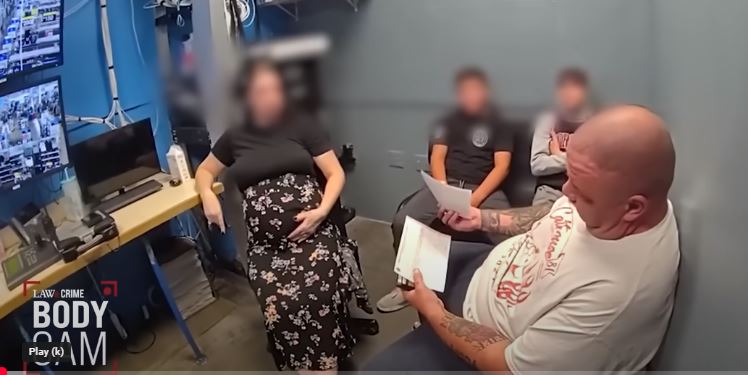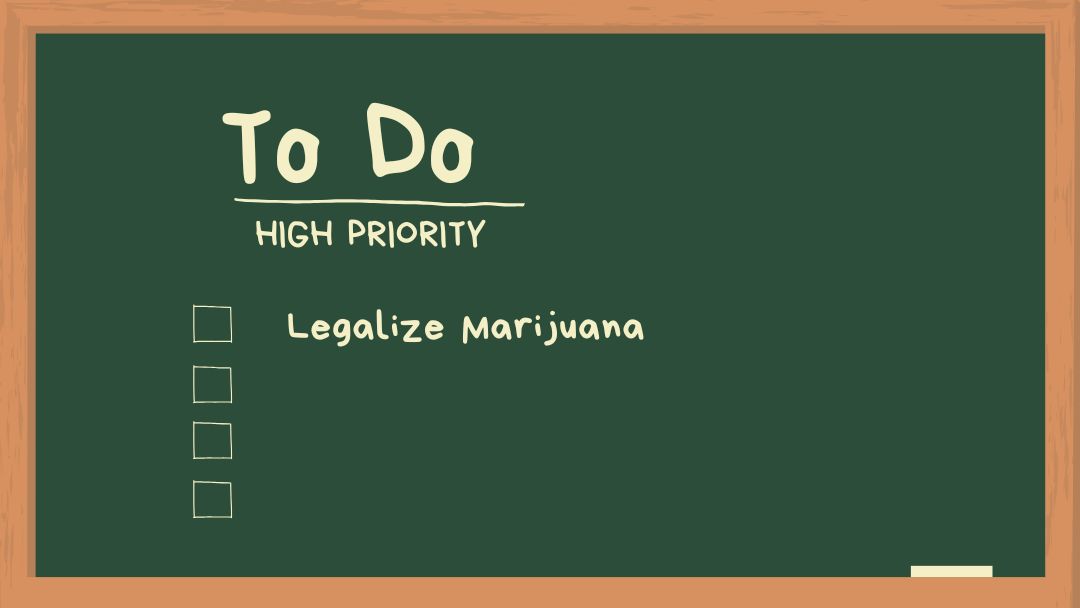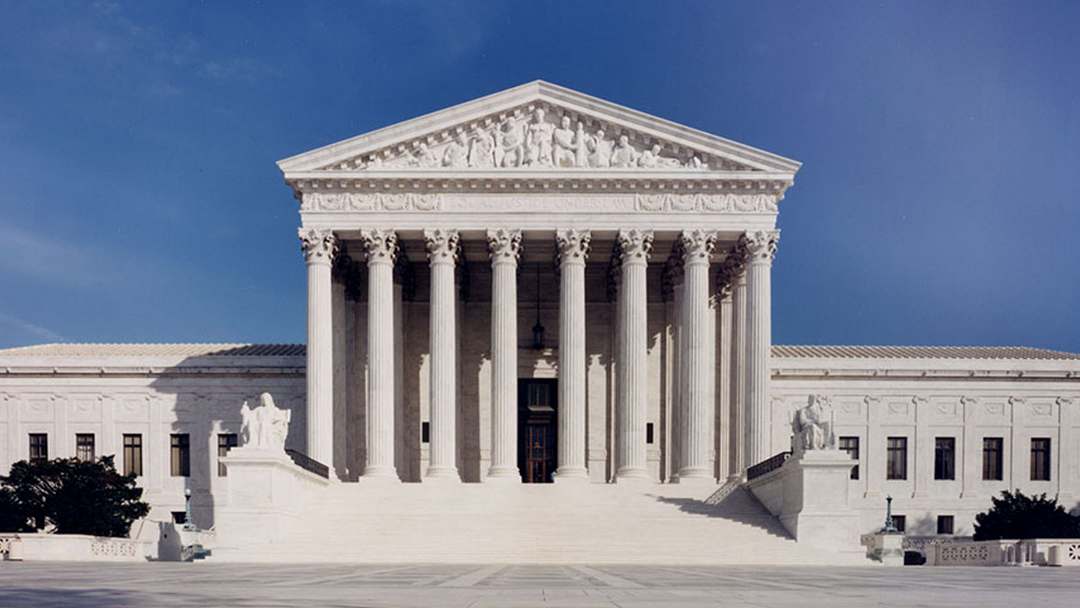The Petitions of the Week column highlights a selection of cert petitions recently filed in the Supreme Court. A list of all petitions we’re watching is available here.
Organized crime, from the mafia to small-time money laundering schemes, often evades criminal prosecution. To bolster efforts to fight organized crime, Congress passed the Racketeer Influenced and Corrupt Organizations Act, known as RICO, more than 50 years ago.
In addition to the criminal penalties for violating RICO, the law also authorizes private individuals to bring civil lawsuits for an injury to their “business or property” as a result of the defendant’s “racketeering activity,” which the law defines broadly to include a wide range of criminal offenses.
This week, we highlight petitions that ask the court to consider, among other things, whether someone can sue under RICO to recover lost earnings.
Marketed as “a revolution in medicinal hemp-powered wellness,” Dixie X is a CBD supplement that claims to offer a variety of health benefits. After learning about Dixie X in a magazine, Douglas Horn began using the supplement in 2012 to soothe pain and inflammation from a car accident. Although the ad claimed that the supplement does not contain any THC (the active ingredient in marijuana),
RESTORE YOUR SECOND AMENDMENT RIGHTS
RESTORE YOUR PROFESSIONAL LICENSE
RESTORE YOUR DRIVER LICENSE
RESTORE YOUR PAST (Expungements)
Call our Office for a free case evaluation
Komorn Law (248) 357-2550
Professional License Restoration / Rights Restoration / Record Expungments / Driver License Restoration
Satisfied, Horn began using Dixie X. Shortly after, he failed a random drug test at work and was fired. Suspecting the supplement, Horn sent a batch to an independent lab, which found that the product contained THC.
Horn went to federal court in New York, arguing that the company that sold Dixie X, Medical Marijuana, Inc. – which, despite its name, deals only in hemp-based CBD products – was responsible for his termination. Part of his lawsuit alleged violations of state law, including a claim that he was fraudulently induced to purchase the supplement while unaware of its risks. But Horn also argued that the company injured his “business or property” under RICO by conspiring to commit federal mail and wire fraud that resulted in the loss of his salary.
In Medical Marijuana, Inc. v. Horn, the maker of Dixie X asks the justices to grant review and reverse the 2nd Circuit’s ruling. The company argues that economic harm stemming from a personal injury has no business, so to speak, under RICO. “If quintessential personal injuries count as injuries to ‘business or property’ just because economic damage inevitably results,” the company writes, “Congress’ careful limitation on civil RICO claims would be toothless.”
Read the Rest here at ScotusBlog

Komorn Law – Federal Courts and All Michigan Courts
A list of this week’s featured petitions is below:
Yim v. City of Seattle, Washington
23-329
Issue: Whether Seattle’s restriction on private owners’ right to exclude potentially dangerous tenants from their property violates the 14th Amendment’s due process clause.
Amer v. New Jersey
23-351
Issues: (1) Whether a defendant is always “unable to stand trial” under Article VI(a) of the Interstate Agreement on Detainers while a pretrial motion is pending; and (2) whether a defendant has been “brought to trial” within 180 days of his request for final disposition of charges under Article III(a) of the agreement at the point when jury selection begins.
Medical Marijuana, Inc. v. Horn
23-365
Issue: Whether economic harms resulting from personal injuries are injuries to “business or property by reason of” the defendant’s acts for purposes of a civil treble-damages action under the Racketeer Influenced and Corrupt Organizations Act.
Bhattacharya v. State Bank of India
23-390
Issue: Whether, to establish a “direct effect in the United States” under 28 U.S.C. § 1605(a)(2), a plaintiff must make an extratextual showing that either the sovereign engaged in a U.S.-based “legally significant act,” or that the U.S. effects were “legally significant” in addition to being direct.
More Posts

When Can Police Take Your Dash Cam?
You work hard. Now get ready to work harder to prepare to give more.In Michigan, police can take your dashcam footage in specific situations, primarily when they believe it could serve as evidence in a criminal investigation. Michigan law permits officers to seize...

People who are going to need a Lawyer – November 12, 2024
People who are going to need a LawyerMan so drunk field sobriety tests were ‘too dangerous’ sentenced to life in prison for repeated DWI convictions‘Several terabytes’: Diddy prosecutors shed light on ‘voluminous’ discovery, including iCloud accounts and dozens of...

Cambridge Analytica data breach comes before court
Oral arguments in Facebook v. Amalgamated Bank will beginThe justices are set to review securities law as they hear arguments in a significant case linked to the 2015 data breach involving Cambridge Analytica and Facebook. The tech giant’s effort to fend off federal...

Search and Seizure – Consent or Plain view
The Fourth Amendment was established to protect individuals from unreasonable searches and seizures, yet there are exceptions.In Michigan, understanding the concepts of search and seizure, particularly regarding consent and plain view, is crucial for both law...

A drunk driving investigation, a car wreck and a blood draw
A Case Summary: People v. Blake Anthony-William BartonOn October 11, 2024, the Michigan Court of Appeals issued a decision in the case People of the State of Michigan v. Blake Anthony-William Barton. The case involved a drunk driving investigation following a car...

Police say they can tell if you are too high to drive
Police say they can tell if you are too high to drive. Critics call it ‘utter nonsense’Haley Butler-Moore sped up to pass a semi on the highway when she suddenly saw the police lights. She’d left Albuquerque hours earlier, heading to a Halloween party in Denver. Tired...

Cannabis – The Rise and Fall and Trail of Survivors Pile Up
Thieves make off with 1,000 pounds of premium flower in cannabis from a corporate grower in Michigan. Then, the GM sells off 650+ pounds to pay employees.The recent theft of over 1,000 pounds of marijuana from 305 Farms, a corporate cannabis grower in West Michigan,...

If you have an LLC you must comply or face fines and possible prison
You work hard. Now get ready to work harder to prepare to give more.If you own or are a member of an LLC.You have a deadline of January 1, 2025Call us we can take care of it for you. 248-357-2550The new Beneficial Ownership Reporting requirements for LLCs and other...

Compounding Charges Laws in Michigan
Understanding Compounding Charges Laws in Michigan Compounding charges refer to the illegal act of accepting or agreeing to accept a benefit in exchange for not prosecuting a crime. In Michigan, this is considered a serious offense, and the law specifically prohibits...

Harris unveils new proposals targeting black men with cannabis legalization
"Harris unveils new proposals targeting Black men as she looks to shore up Democratic coalition" CNNAmid the ongoing national issues, Vice President Kamala Harris introduced new initiatives on Monday aimed at addressing the needs of Black men as she works to bolster...











